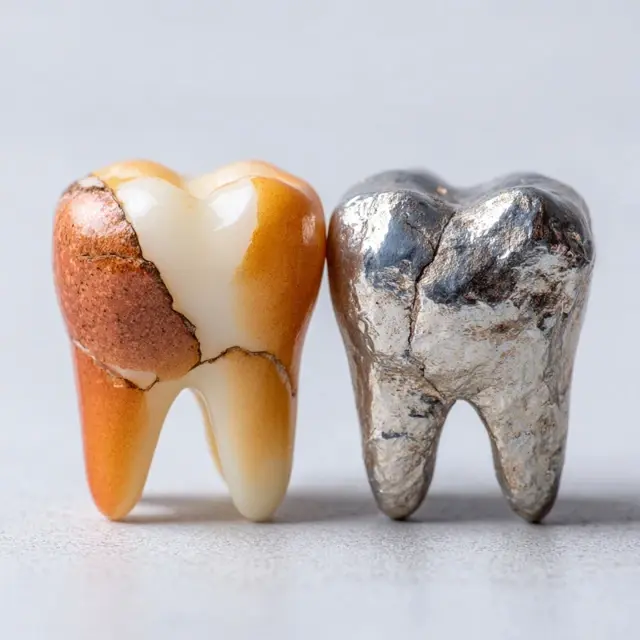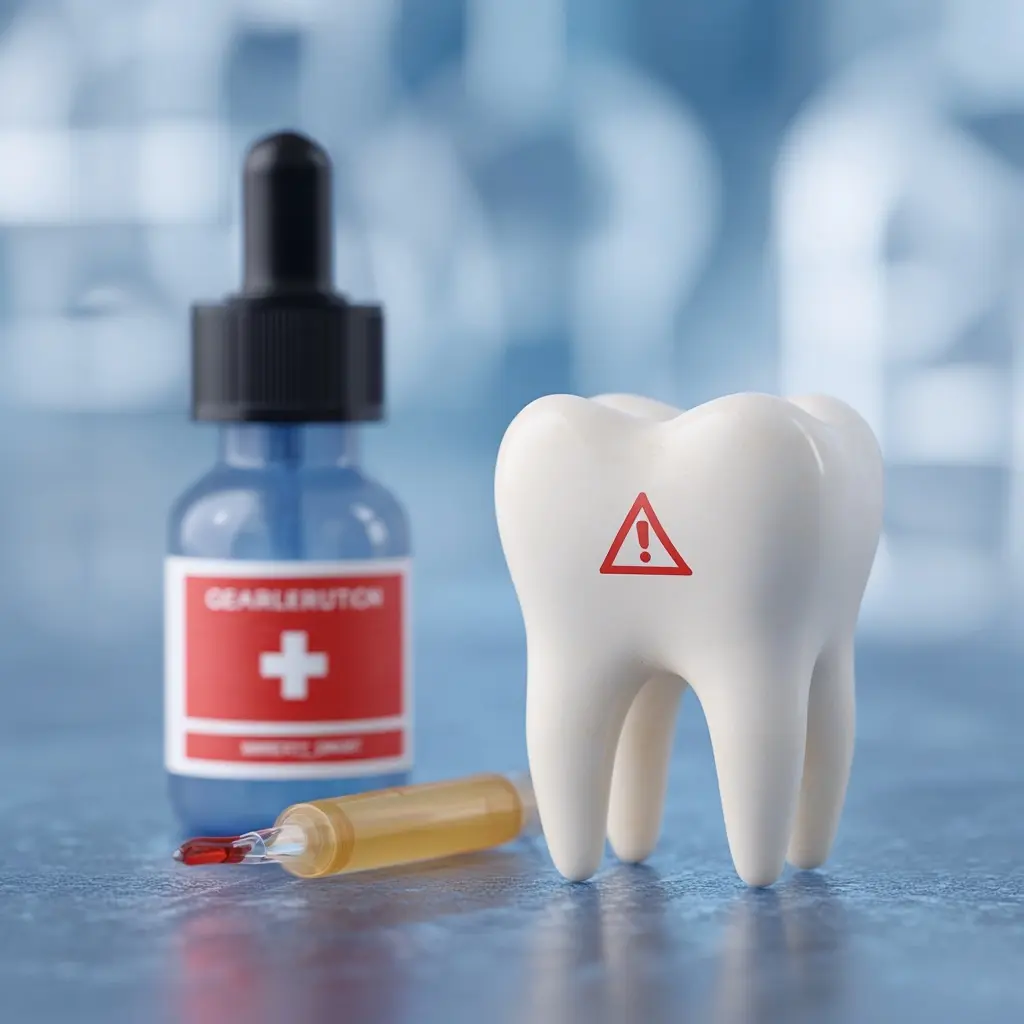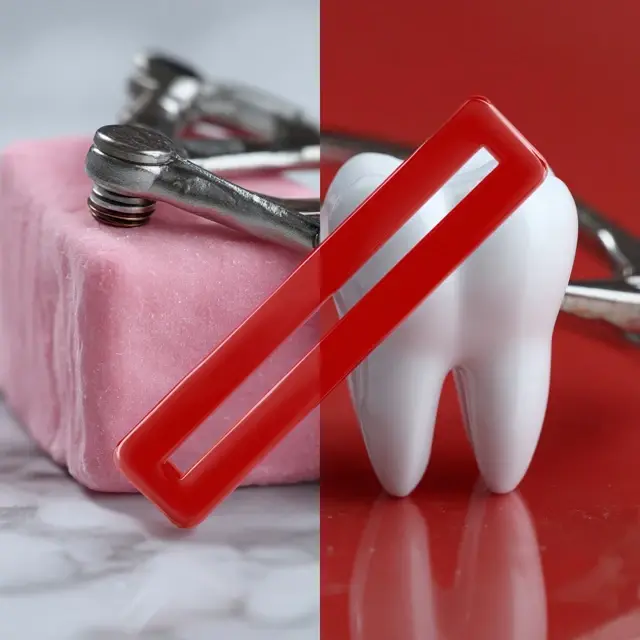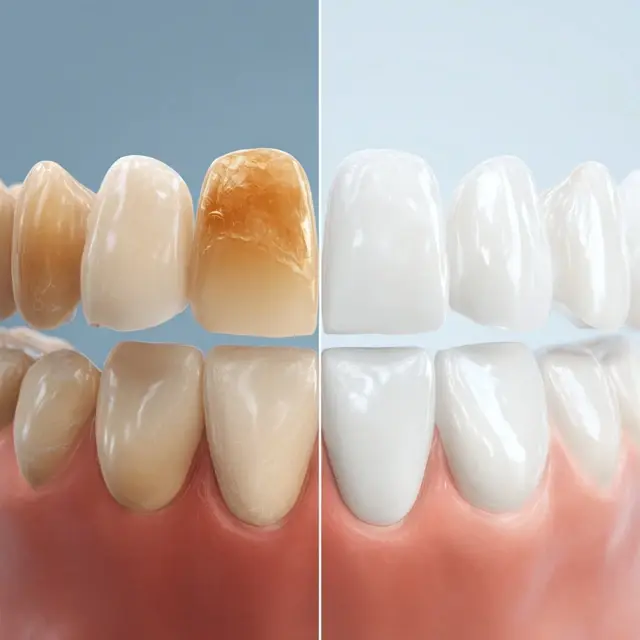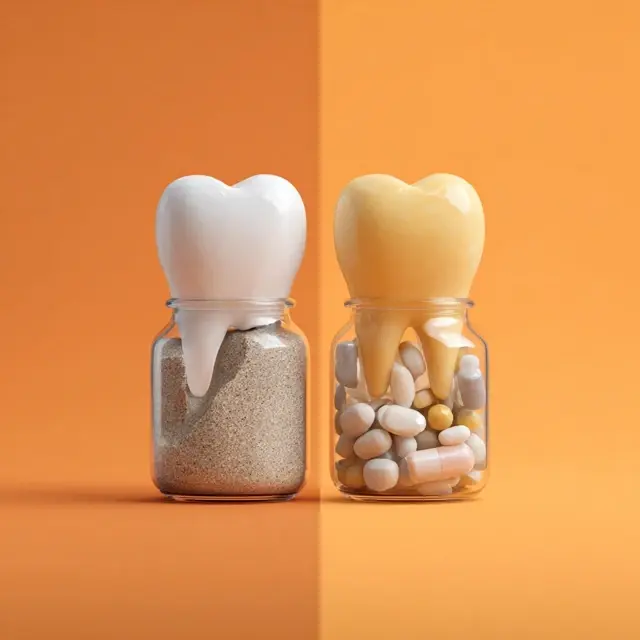Tooth Repair Kit vs Dental Cement: Which Works Better?
When a tooth chips, cracks, or a filling falls out unexpectedly, two common solutions come to mind: a tooth repair kit and dental cement. Both provide temporary relief until you see a dentist, but they work differently. Understanding their strengths and limitations can help you choose the right option in an emergency.
What Is a Tooth Repair Kit?
A tooth repair kit is a pre-packaged product designed for home use during dental emergencies. Most kits include temporary filling material, applicators, and sometimes soothing components to reduce discomfort.
Key Features
- Easy-to-use tools for broken or chipped teeth.
- Includes material to temporarily cover cavities or lost fillings.
- Often available over the counter at pharmacies.
What Is Dental Cement?
Dental cement is a compound used by dentists to bond crowns, bridges, and fillings. Over-the-counter versions are available for temporary fixes, though they are not as strong as professional-grade materials.
Key Features
- Strong adhesion for loose crowns or caps.
- Less suitable for repairing chips or cracks.
- Best used as a short-term solution until professional care.
Comparing Effectiveness
Tooth Repair Kit Pros
- More versatile—can handle chips, cracks, and small cavities.
- Includes everything needed in one package.
- Designed for beginners and easy application.
Dental Cement Pros
- Provides stronger bonding for crowns and caps.
- Longer-lasting than some kit materials.
- Readily available at drugstores.
Limitations
While both can offer relief, neither is a substitute for professional dental treatment. Tooth repair kits may not bond well with crowns, while dental cement is less effective for chips or missing fillings.
When to Use Each
- Choose a tooth repair kit if you have a chipped tooth, small cavity, or broken filling.
- Choose dental cement if a crown or cap has come loose and you need a stronger hold.
Cost and Accessibility
Tooth repair kits typically range from $10–$25, while dental cement can be found for $5–$15. Both are affordable stopgaps, making them accessible options for most households.
Safety Considerations
Neither product should be seen as a permanent fix. Misuse can lead to infection or further damage. Always schedule a dentist appointment after using either solution.
Conclusion
If you’re facing a cracked or chipped tooth, a tooth repair kit offers more versatile coverage. For crowns or caps, dental cement provides a stronger temporary hold. Keeping both at home may be the smartest choice for unexpected dental mishaps.
